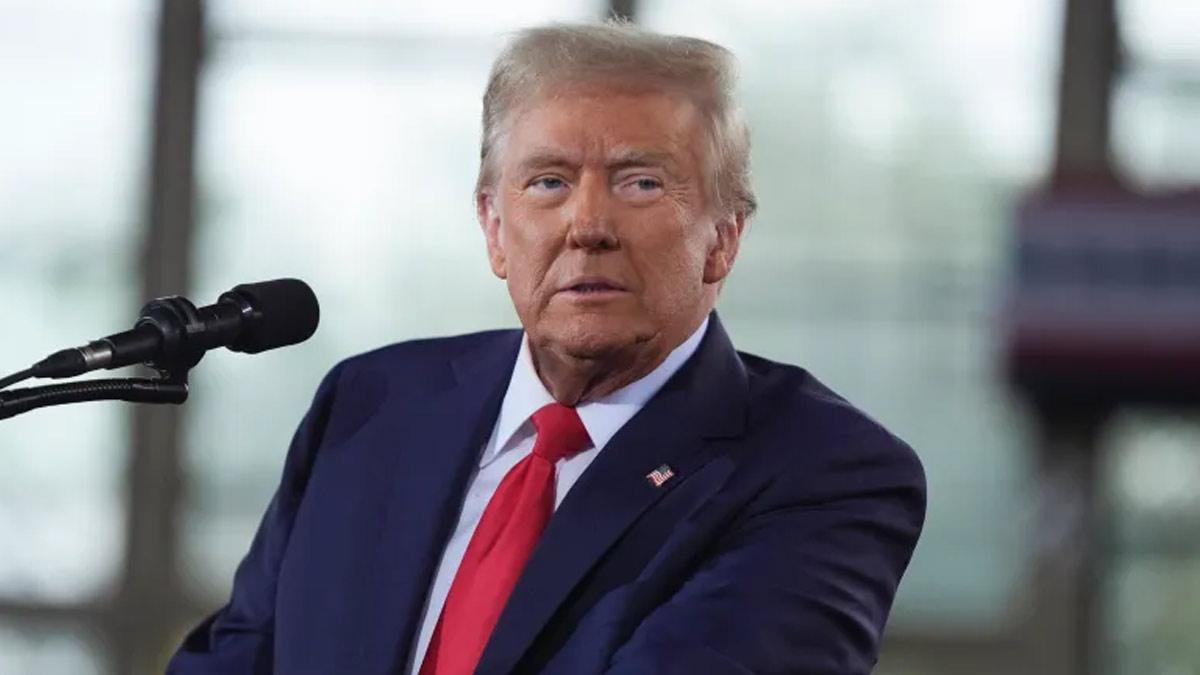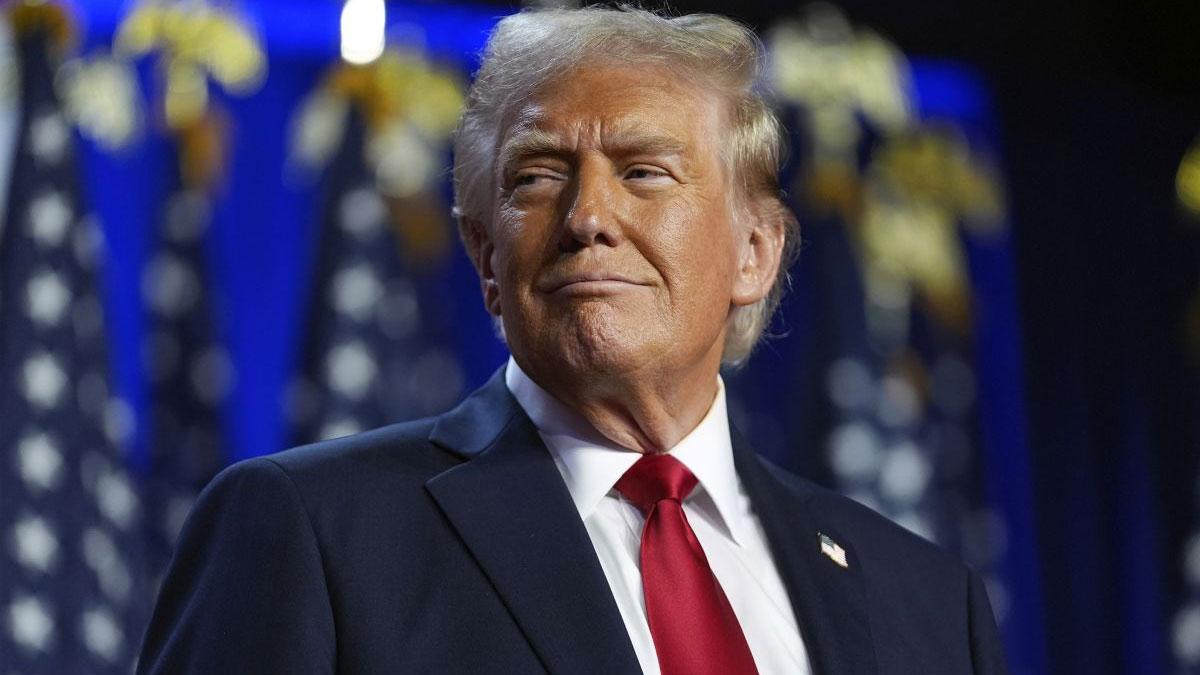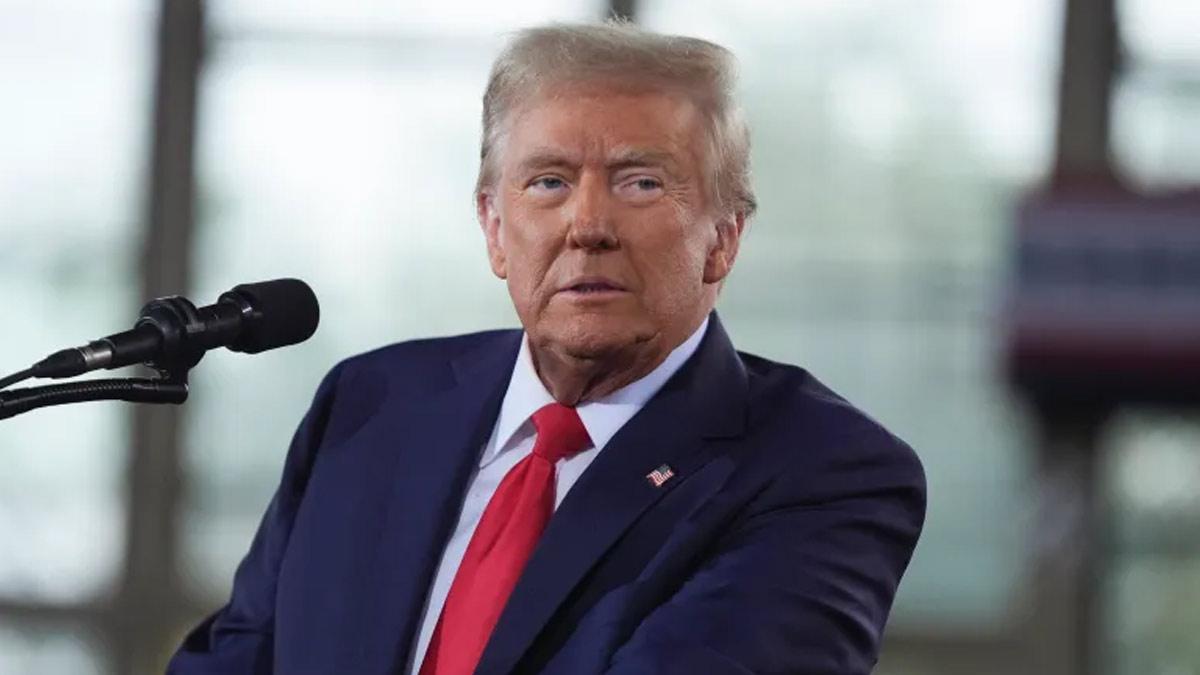As the situation in Afghanistan continues to evolve, there are increasing signs of uncertainty regarding the form and type of governance that would come in place in Kabul.
Most significantly, people are increasingly getting concerned about the manner in which the government would function, especially financial institutions and their linkages with trade and economy.
This situation is a matter of concern for the Taliban leadership as short financial infusion in the form of aid and assistance from China or even the UAE and Saudi Arabia will not be enough to reign in the disarray and chaos the economy is likely to face in the coming days.
Long-term sustenance of the country's economy will also be a problem because Afghanistan has been literally dependent on Western donors for financial support. In 2020, foreign donors pledged a projected $12 billion in civilian aid to Afghanistan for a four year period from 2021to 2024.
The decision to allocate the funds was taken after intense debate in each of the donor countries in terms of viability and returns before they were cleared. The aid is thus always conditional to deliverability on various counts with the prime objective being restoration of peace and stability in Afghanistan. Effective governance and transparency are also seen as critical factors in deciding the issue.
ALSO READ | UK Records Another 35,847 Coronavirus Cases
Incidentally, the 2021-2024 aid figure is lower than that of the previous four year phase (2017 to 2020), due to the lack of confidence among the donor countries in the slow manner in which progress was evident on all fronts in Afghanistan.
During the 2017-2020 phase, foreign donors had pledged an amount of USD 15.2 billon. Some of the donor countries are tied down with such stringent internal mechanisms for clearing these aid allocations that while making commitment to the overall figure of donation, they release the amount on an yearly basis, simultaneously watching the progress made by the Afghan government on the promises made.
The US, with its special commitment to Afghanistan, had pledged an amount of $600 million as civilian aid for the year 2021 of which an amount of $300 million was handed out in the first part of the year. The US has been a constant contributor to Afghanistan and has generally spent USD 800 million each year in civilian aid to Afghanistan in recent times. Finalization of the aid has also faced severe scrutiny in the US Senate and has been questioned time and again, especially because of low deliverables from the Afghan side.
This has been one of the reasons for the US to reconsider its decision to continue remaining in Afghanistan. A sense of haplessness and surrender is evident on the part of the US while dealing with Afghanistan.
ALSO READ | Afghan Passports With Indian Visas Stolen At ISI's Behest
In this backdrop, and with the situation being uncertain in terms of governance and transparency in Afghanistan, it would be difficult for donor countries to continue with their aid in the coming period. There is the possibility that donor countries would come up with far stringent norms for such aid to be available and Afghanistan under the Taliban might not be able to deliver on the core aspects of such norms.
This would undoubtedly place Afghanistan in an extremely difficult situation. Even if the UAE, Saudi Arabia and China cater financial aid to Afghanistan, they would also expect deliverability by the Afghan Government on various frontsbased on their priorities. There is every likelihood that these donor nations would also wait and watch before they make any contribution because of the yet unstable situation in Afghanistan and the possibility of chaos and anarchy taking over.
Given this situation and the desperation in the Taliban to prove their ability to run the government effectively, there is a possibility that they would go in for alternate sources of earning which would drive them towards extensive drug trade through large scale poppy cultivation in different parts of Afghanistan.
This could change the overall security dynamics in the region with drugs and arms seeing proliferation in an uncontrolled manner in the region.
European nations and Russia would be the most affected and are concerned about the likely impact of such dependency of Afghanistan on an expanded drug based economy. Countries in the region including India could face the challenge of keeping off such menace from impacting India.
In spite of global efforts to control drug production and smuggling from Afghanistan, the drug market in Afghanistan has in fact progressed with newer and modern versions of drugs such as Methamphetamine - also known as crystal or speed - being produced.
These modern drugs have significant demand in the European and American markets besides Russia. Analysts dealing with the drug situation in Afghanistan feel that the Taliban would use the drug connect for exerting pressure on the world community for aid and assistance.
It needs mention here that the Pakistani ISI has been quite familiar with integrating the drug-arms-finance matrix which has been the core in terms of sustaining their operational objectives in Afghanistan.
The global community would have to remain alert about any such trend in a drug based economy emerging in Afghanistan in the coming days. It is a well known fact that effective control over such drug production is not possible in Afghanistan, as one has seen in the past several years with organisations such as the UNODC striving hard to curb drug production in Afghanistan.
The UNODC has invested significantly over the years in controlling the drug situation in Afghanistan and this was possible due to the intense ground level engagement between UNODC experts who visited Afghanistanregularly and Afghan government officials dealing with the matter.
However, with the Taliban in position now, their approach towards the issue would have to be gauged before the global community acts. This will indeed be a challenge before the international community and for nations in the region.


















